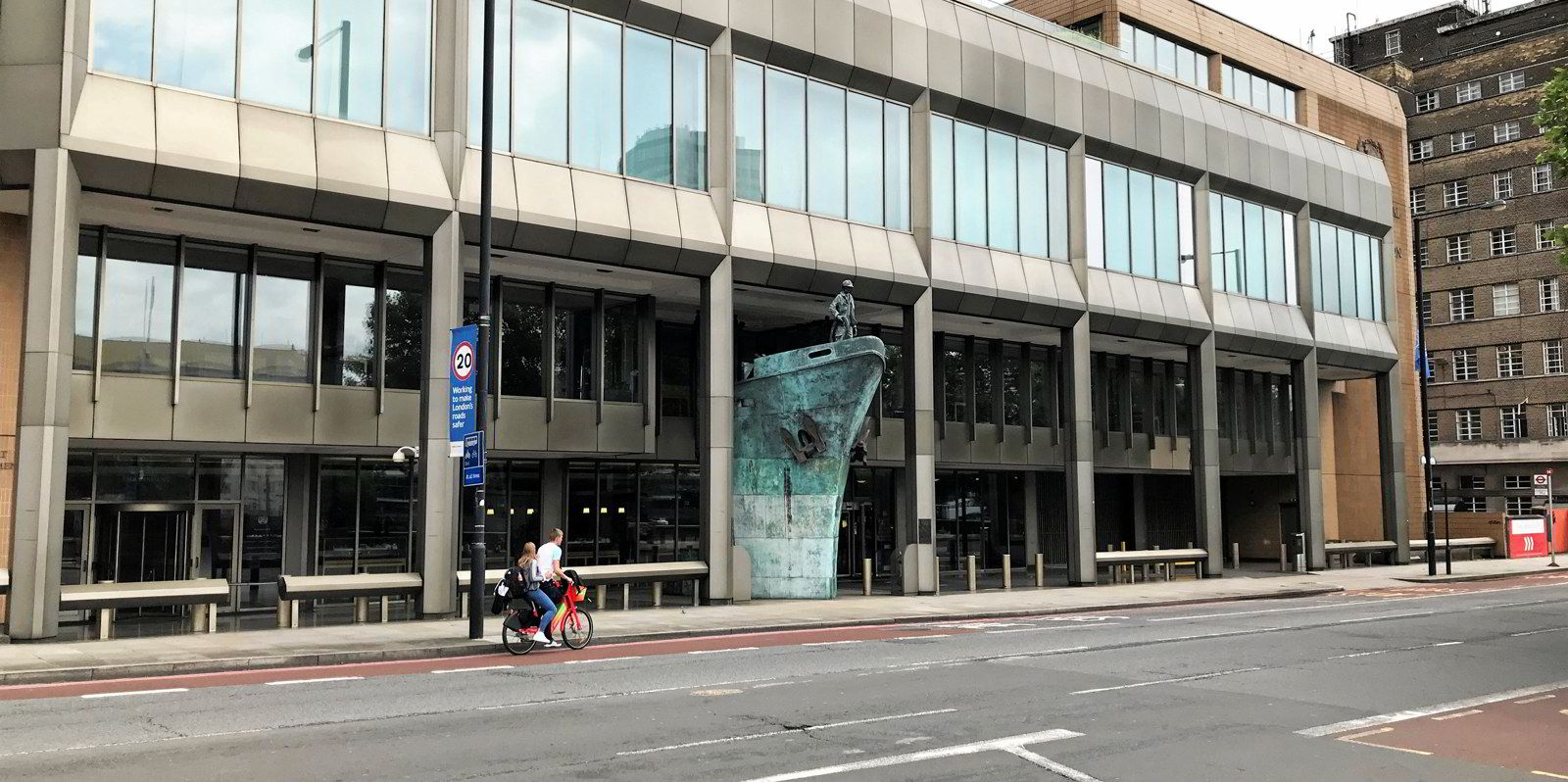Charterers are ready to use the newly agreed decarbonisation regulations to select ships, according to experts at classification society DNV.
The Carbon Intensity Indicator (CII) regulation was agreed at the International Maritime Organization in a meeting that ended on 17 June.
CII will rate individual ship's operational efficiency at an annual survey. Each vessel will be given an energy efficiency rating between A and E, with ships rated D and E falling below the required minimum standard.
However, as things stand, there are no penalties for those ships which fail to achieve at least a C rating.
Ships simply have to provide a corrective-action plan to secure a statement of compliance from their flag state and continue trading.
But, speaking at a webinar on recently agreed decarbonisation regulations, DNV Maritime director of Environment Eirik Nyhus said the lack of enforcement measures does not mean that owners would not be off the hook for low ratings.
He said many governments would make CII ratings public, and that charterers are already indicating they want to focus on ships with the best efficiency ratings.
“Charterers are already saying they will only accept A and B rated ships, we are already seeing these discussions emerging,” he said.
Performance assessment
DNV Maritime principal consultant Tore Longva said that one of the most significant developments from the recently agreed IMO decarbonisation regulations is that the shipping industry now has a mechanism in place to assess the carbon intensity performance of vessels.
The regulation fits in with industry developments such as Sea Cargo Charter, which was set up by leading charterers, to establish a commercial greenhouse gas emissions standard.
Shipowners also must report their emissions to a monitoring reporting and verification process established by the IMO.
As reported by TradeWinds, many shipowners and operators have said they believed the IMO could have adopted much stronger environmental regulations. This was backed by a DNV vote during the webinar, in which a majority 35% said the IMO regulations did not go far enough.
However, Nyhus said the IMO is just at the start of its programme to decarbonise the shipping industry and there is much “more to come”.






